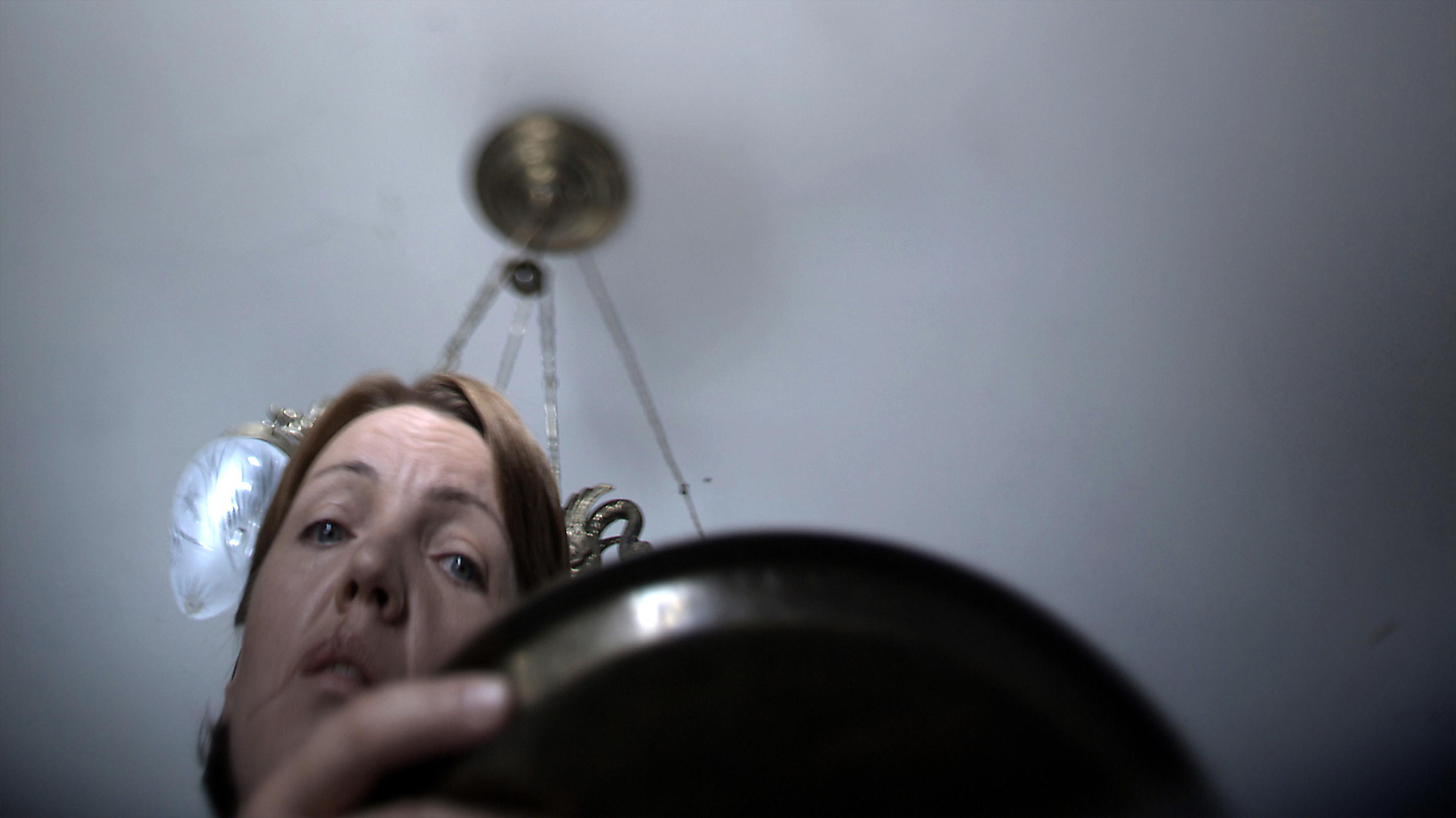Delirium
(Redirected from Deliriousness)
Editor-In-Chief: Prab R Tumpati, MD
Obesity, Sleep & Internal medicine
Founder, WikiMD Wellnesspedia &
W8MD medical weight loss NYC and sleep center NYC
| Delirium | |
|---|---|

| |
| Synonyms | N/A |
| Pronounce | N/A |
| Specialty | N/A |
| Symptoms | Confusion, disorientation, hallucinations, agitation, inattention |
| Complications | N/A |
| Onset | Rapid |
| Duration | Hours to days |
| Types | N/A |
| Causes | Infection, substance intoxication, substance withdrawal, metabolic disorders, trauma, surgery |
| Risks | Elderly, hospitalization, dementia, polypharmacy |
| Diagnosis | Clinical assessment, Confusion Assessment Method |
| Differential diagnosis | Dementia, psychosis, depression |
| Prevention | N/A |
| Treatment | Address underlying cause, antipsychotics, supportive care |
| Medication | N/A |
| Prognosis | Variable, depends on underlying cause |
| Frequency | Common in hospitalized patients, especially the elderly |
| Deaths | N/A |
Delirium is an acute and usually reversible disturbance in mental function, characterized by a fluctuating course, inattention, and either altered level of consciousness or cognitive dysfunction. It represents a serious and common complication in hospitalized patients, particularly the elderly, and is associated with increased mortality, length of hospital stay, and risk of long-term cognitive impairment.
Etiology[edit | edit source]
Delirium is typically caused by one or more contributing factors. It is often precipitated by physical illness, surgery, or drugs, particularly in individuals with pre-existing brain pathology or systemic disease. Common causes include infections, metabolic disturbances (e.g., hyperglycemia, hypoglycemia, hypernatremia, hyponatremia), withdrawal states (e.g., alcohol or benzodiazepine withdrawal), central nervous system disorders, and certain medications (e.g., anticholinergics, opioids, benzodiazepines).
Clinical Features[edit | edit source]
- Delirium is characterized by a rapid onset of symptoms, fluctuating course throughout the day, trouble with attention, and either disorganized thinking or altered level of consciousness. There are three types of delirium:
- Hyperactive delirium: Patients may be restless, agitated, or aggressive.
- Hypoactive delirium: Patients are drowsy, inactive, and slow to respond.
- Mixed delirium: Patients fluctuate between hyperactive and hypoactive states.
- Patients with delirium may also experience hallucinations, delusions, and emotional disturbances, such as fear or anxiety.
Diagnosis[edit | edit source]
The diagnosis of delirium is mainly clinical, based on history and physical examination. Tools like the Confusion Assessment Method (CAM) can help to standardize the diagnostic process. Laboratory tests and imaging are often used to identify underlying causes.
Treatment[edit | edit source]
Treatment of delirium focuses on addressing the underlying cause, ensuring patient safety, and managing symptoms. Non-pharmacological strategies are first-line, including reorientation, maintaining a regular sleep-wake cycle, adequate hydration, and early mobilization. Pharmacological treatment with antipsychotic medications may be considered for severe agitation or distress, but they should be used with caution due to potential side effects.
Prevention[edit | edit source]
Preventing delirium involves recognizing patients at high risk and intervening to minimize precipitating factors. This might involve avoiding high-risk medications, promoting good sleep hygiene, maintaining proper hydration and nutrition, and encouraging early mobility.
See Also[edit | edit source]
References[edit | edit source]
Search WikiMD
Ad.Tired of being Overweight? Try W8MD's physician weight loss program.
Semaglutide (Ozempic / Wegovy and Tirzepatide (Mounjaro / Zepbound) available.
Advertise on WikiMD
|
WikiMD's Wellness Encyclopedia |
| Let Food Be Thy Medicine Medicine Thy Food - Hippocrates |
Translate this page: - East Asian
中文,
日本,
한국어,
South Asian
हिन्दी,
தமிழ்,
తెలుగు,
Urdu,
ಕನ್ನಡ,
Southeast Asian
Indonesian,
Vietnamese,
Thai,
မြန်မာဘာသာ,
বাংলা
European
español,
Deutsch,
français,
Greek,
português do Brasil,
polski,
română,
русский,
Nederlands,
norsk,
svenska,
suomi,
Italian
Middle Eastern & African
عربى,
Turkish,
Persian,
Hebrew,
Afrikaans,
isiZulu,
Kiswahili,
Other
Bulgarian,
Hungarian,
Czech,
Swedish,
മലയാളം,
मराठी,
ਪੰਜਾਬੀ,
ગુજરાતી,
Portuguese,
Ukrainian
Medical Disclaimer: WikiMD is not a substitute for professional medical advice. The information on WikiMD is provided as an information resource only, may be incorrect, outdated or misleading, and is not to be used or relied on for any diagnostic or treatment purposes. Please consult your health care provider before making any healthcare decisions or for guidance about a specific medical condition. WikiMD expressly disclaims responsibility, and shall have no liability, for any damages, loss, injury, or liability whatsoever suffered as a result of your reliance on the information contained in this site. By visiting this site you agree to the foregoing terms and conditions, which may from time to time be changed or supplemented by WikiMD. If you do not agree to the foregoing terms and conditions, you should not enter or use this site. See full disclaimer.
Credits:Most images are courtesy of Wikimedia commons, and templates, categories Wikipedia, licensed under CC BY SA or similar.
Contributors: Prab R. Tumpati, MD

